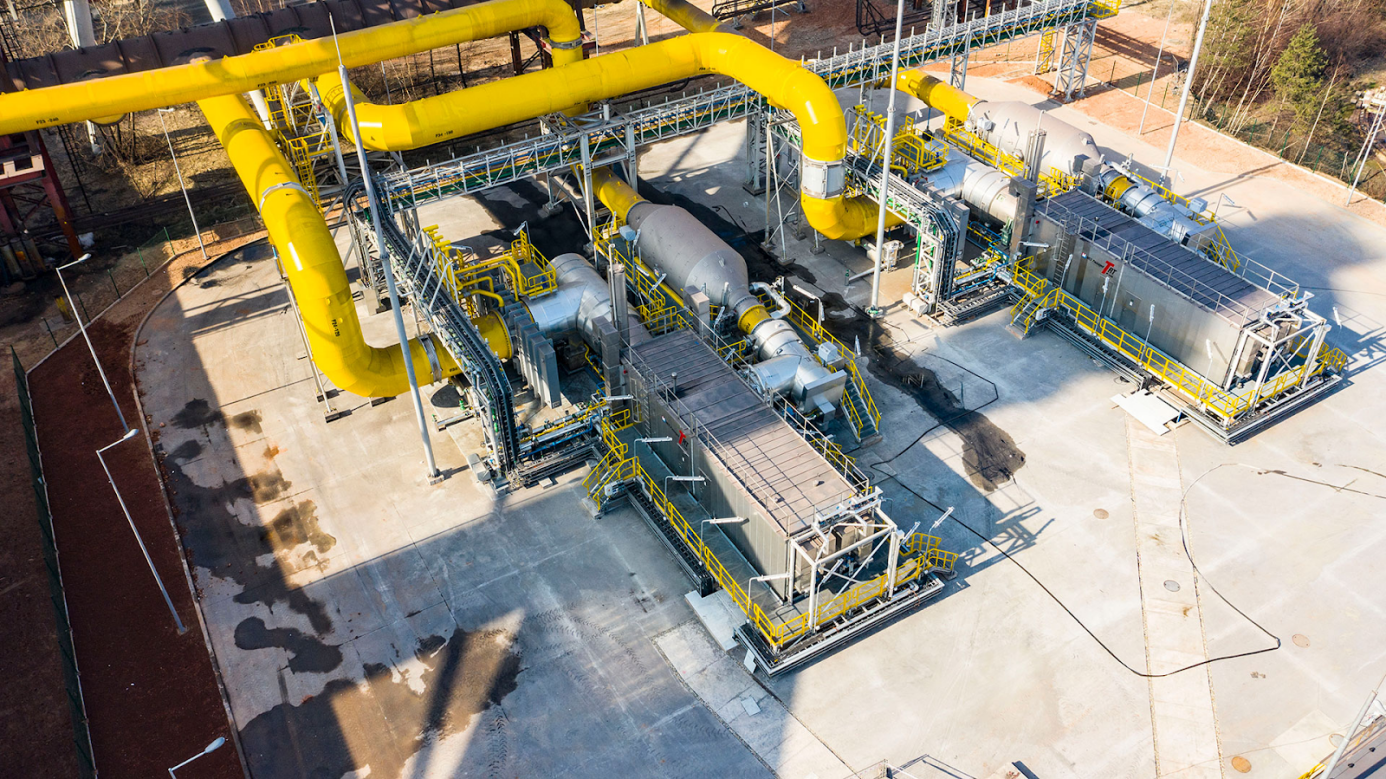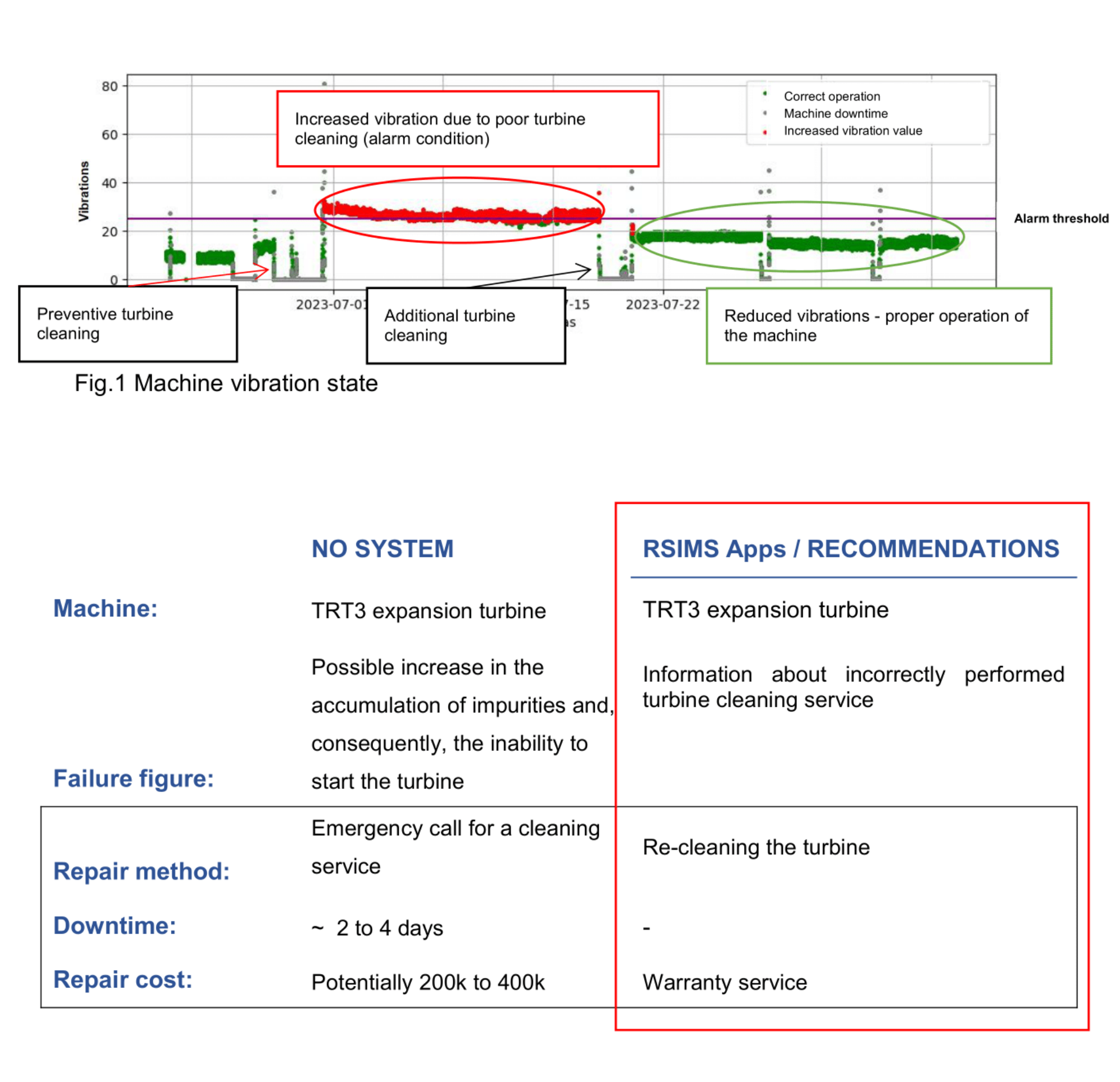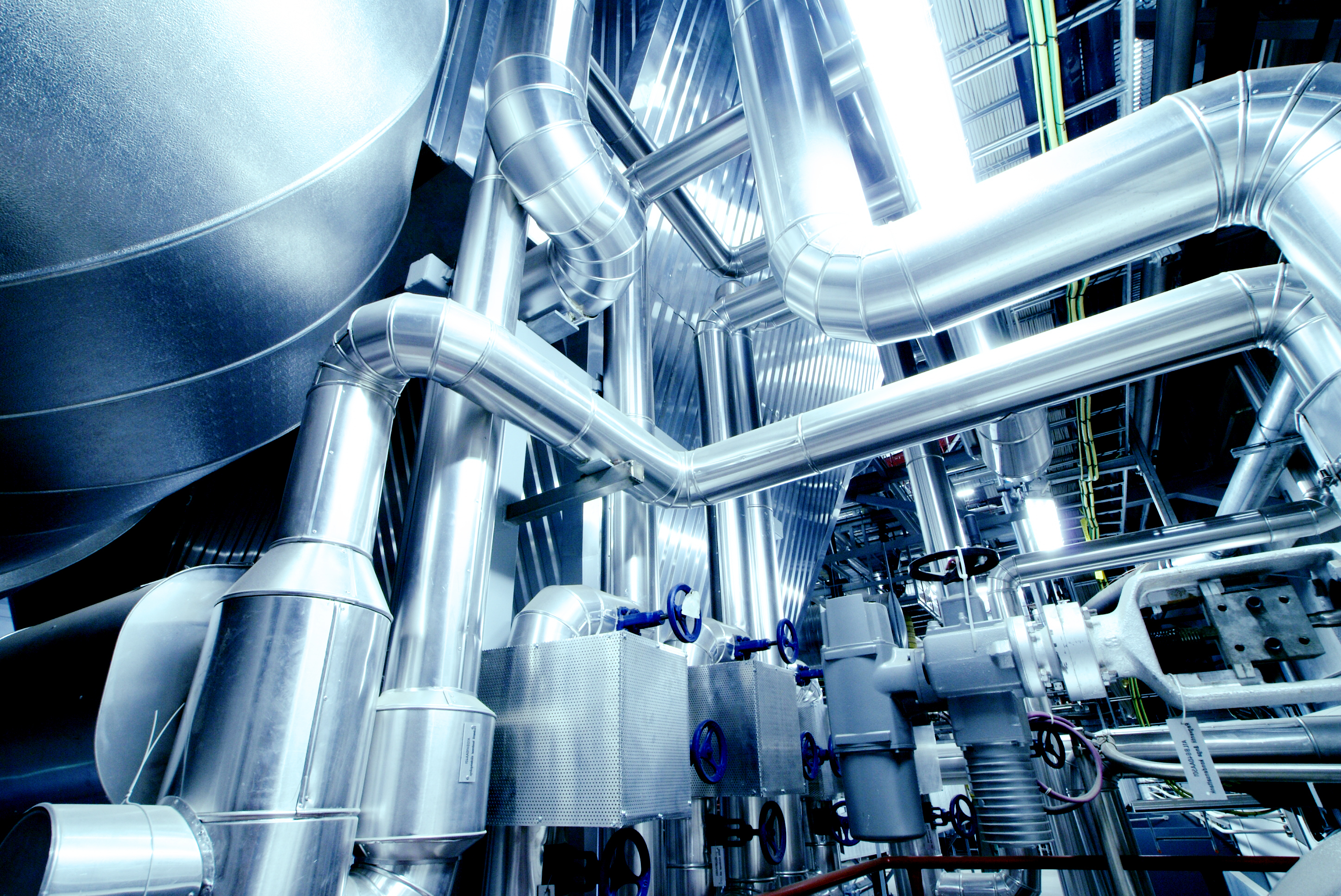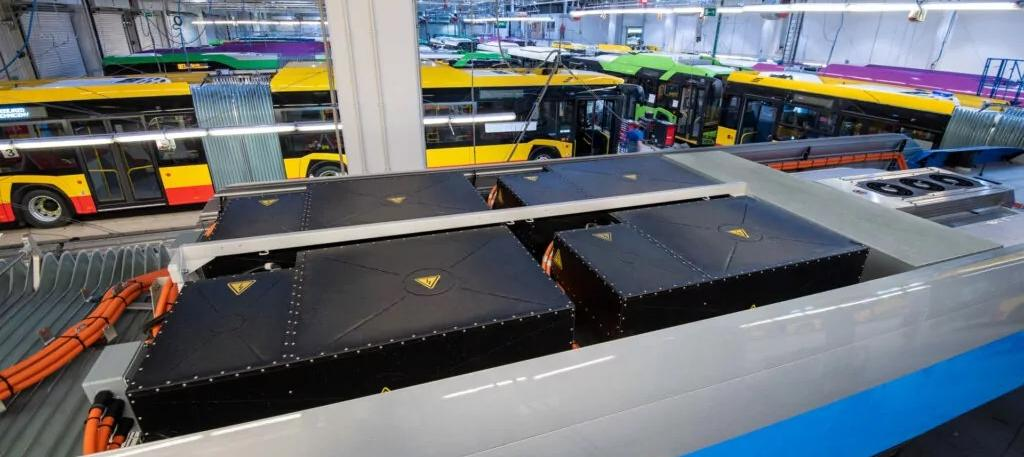









 +48 12 394 11 2
+48 12 394 11 2
 biuro@reliasol.ai
biuro@reliasol.ai


See how we developed an optimization model for the reforming plant based on deep neural networks at Grupa Azoty Tarnów.

 Reliability Solutions B.V.
Reliability Solutions B.V.
